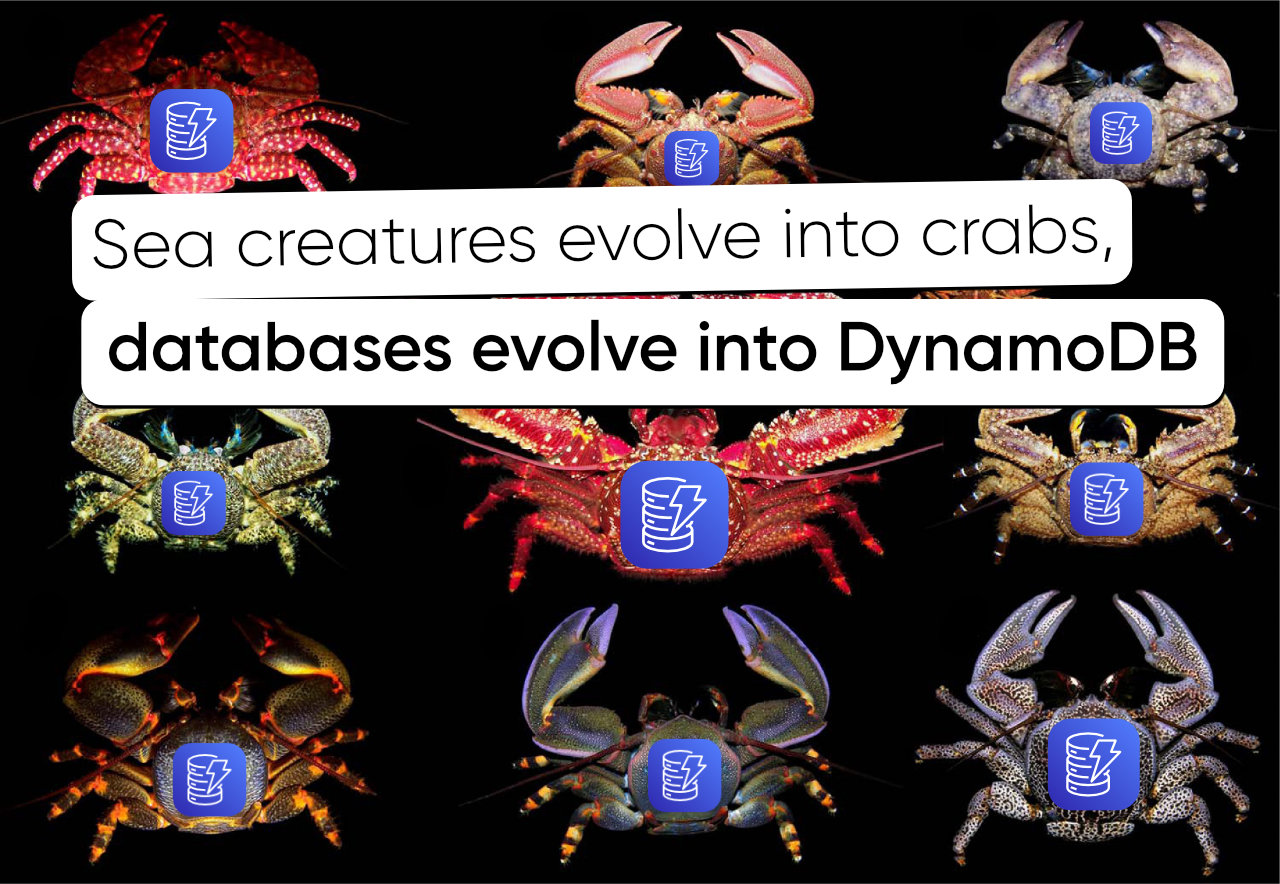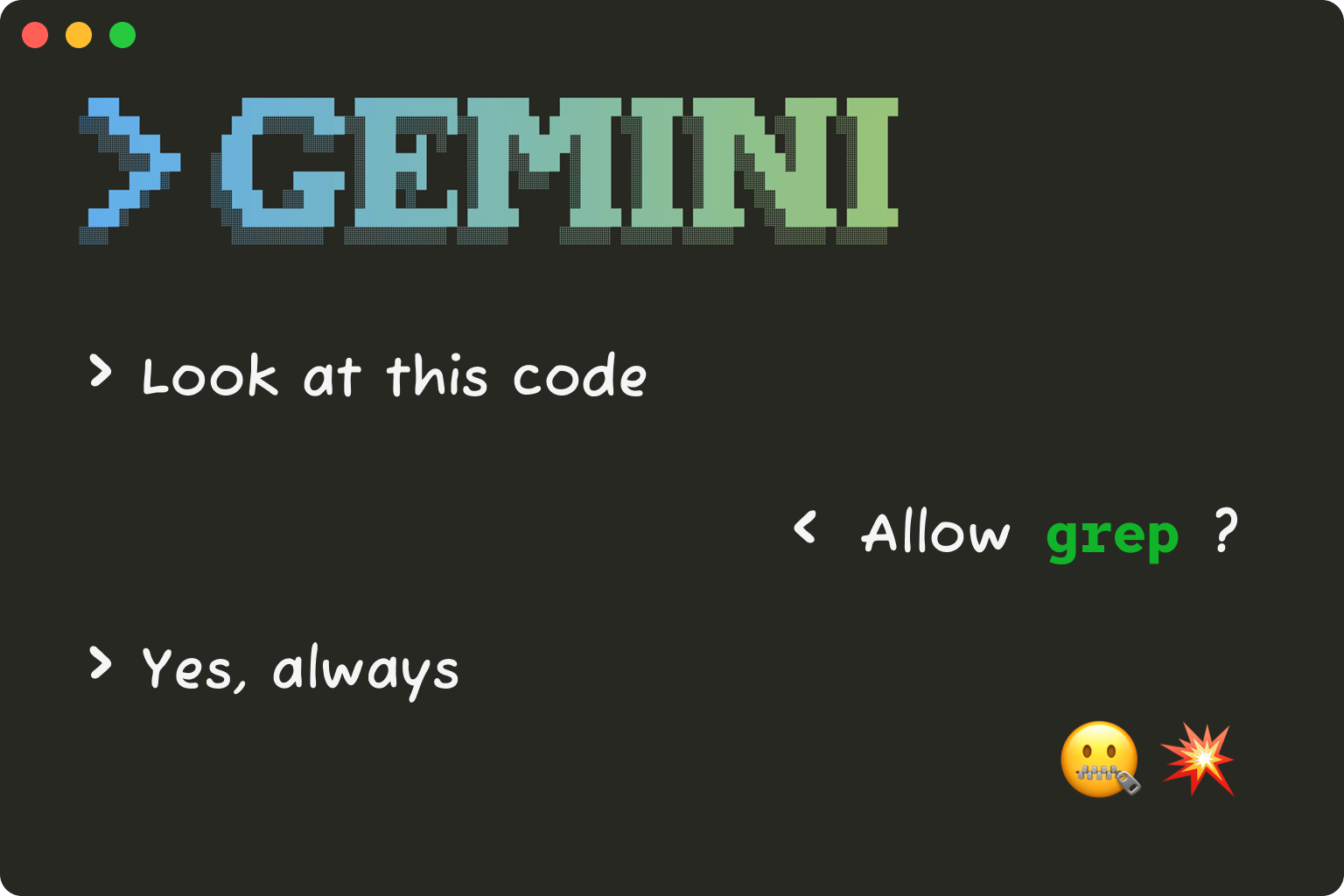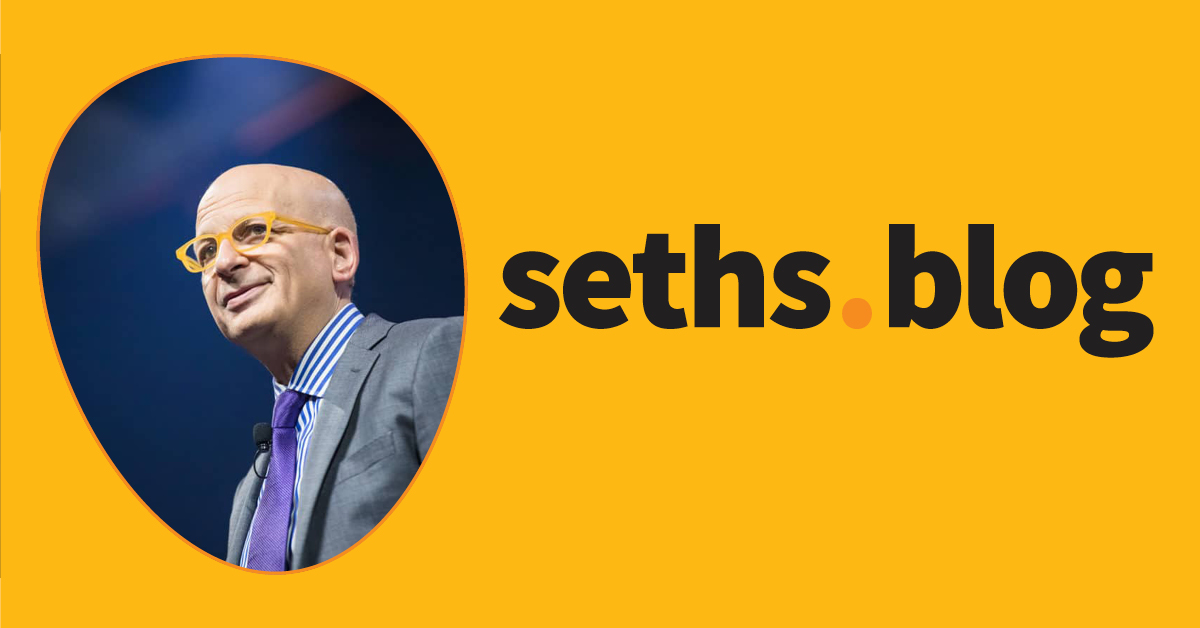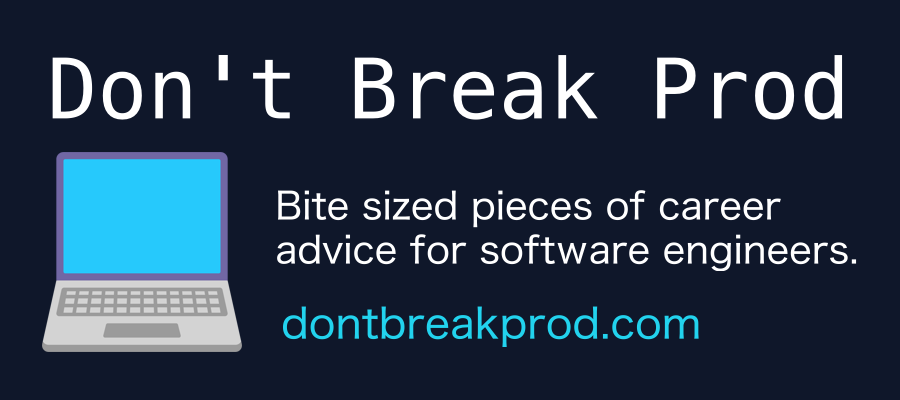
The New Verbal Economy
“As one knows without saying,” Friedrich Kittler declared in 1992, “we do not write anymore.” Kittler’s assessment rested on the changing materiality of the act of writing. Whereas once upon a time writers registered marks upon a surface (say, by dragging graphite across paper), now they issued electronic commands, their letters consisting, ultimately, of differences in voltage. What others took to be an “explosion of the signifying scene,” Kittler sought to expose as an “implosion.” For by migrating into the digital universe, writing had slipped out of humanly “perceivable time and space,” its traces now measurable in micrometers. Thus, Kittler postulated that the “last historical act of writing” occurred when “Intel engineers laid out some dozen square meters of blueprint paper (64-square meters in the case of the later 8086) in order to design the hardware architecture of their first integrated microprocessor.”
Fast forward thirty years, and once again, we hear that the end of writing is nigh—at least as a human pastime. “Writing is over. That’s it,” the mystery writer Sean Thomas wrote in January 2023, “It’s time to pack away your quill, your biro, and your shiny iPad: The computers will soon be here to do it better.” The current crisis concerns not the physical dimensions of writing—though the computational shrinking of words is its precondition. The computers have come for the mental work of writing. Thomas, for one, would have us own up to the uncomfortable truth that writing is algorithmic and that algorithms are computers’ forte: “That means that, given enough data to train on (e.g., all the words ever written on the Internet) computers can get really good at running the algos of language.” And as many testimonials, including ones on this website, have attested, the new writing machines are quite adept at the “algos of language.” Rightly, business professor Ethan Mollick has observed that when confronting “the tyranny of the blank page, people are going to push The Button.”












